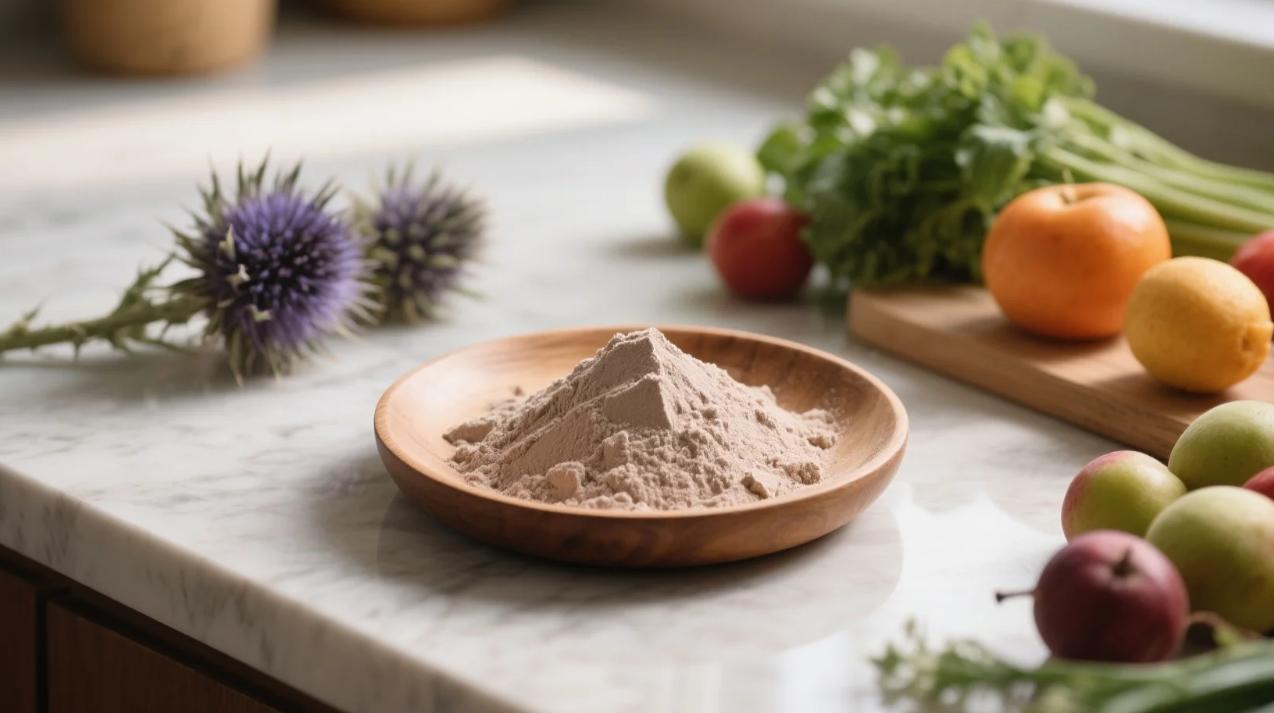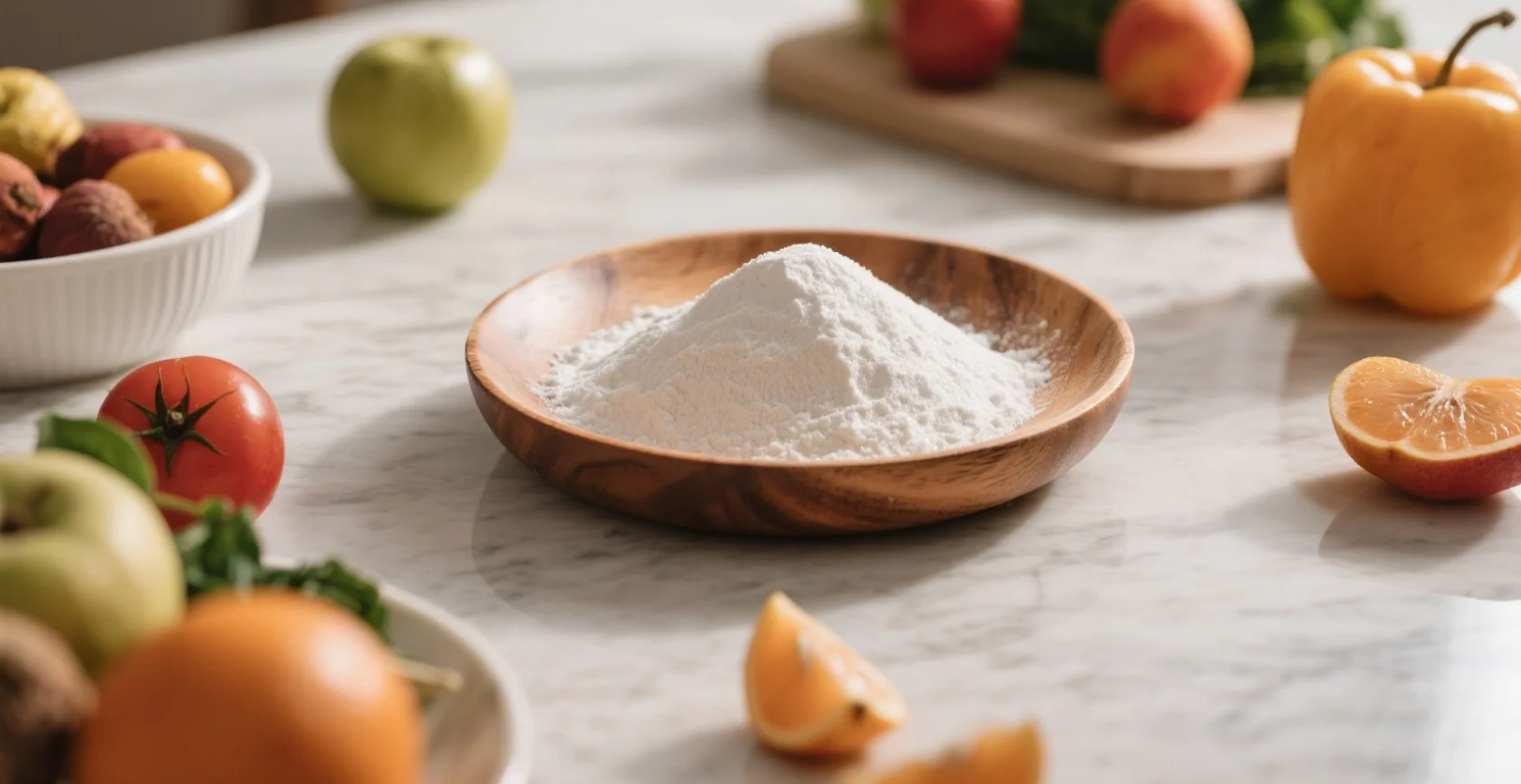Table of Contents
In the thriving world of plant-based nutrition, organic pea protein powder has risen as a powerhouse, beloved for its impressive protein content, neutral flavor, and excellent digestibility. It’s a fantastic option for athletes, vegans, those with common allergies, and anyone looking to boost their protein intake cleanly. But with a growing number of brands and variations, how do you ensure you’re picking a high-quality product that truly delivers on its promise of purity, potency, and performance?
Let’s dive into what truly matters when selecting your ideal organic pea protein powder for superior health and taste.
Why Choose Organic Pea Protein? The Plant-Powered Advantage
Before we get to the buying tips, let’s quickly recap why organic pea protein powder stands out as a top-tier choice:
- Complete Amino Acid Profile: Derived from yellow peas, it contains all nine essential amino acids necessary for muscle repair, growth, and overall body function, making it a complete protein source.
- Highly Digestible & Hypoallergenic: Pea protein is naturally free from common allergens like dairy, soy, gluten, and eggs, making it a safe and gentle option for sensitive stomachs and those with dietary restrictions. It’s also easy to digest, minimizing bloating often associated with other proteins.
- Neutral Flavor: Unlike some plant proteins that can have strong, earthy, or “beany” aftertastes, pea protein boasts a remarkably mild and neutral flavor. This makes it incredibly versatile, blending seamlessly into a wide variety of recipes without overpowering other ingredients.
- Rich in Iron: It’s a surprisingly good source of plant-based iron, a crucial mineral for energy and oxygen transport, making it particularly beneficial for plant-based diets.
- Sustainable Choice: Peas are a highly sustainable crop, requiring less water and fewer resources than many other protein sources, contributing to a healthier planet.
Your Smart Shopping Checklist: What to Look For
When you’re ready to add organic pea protein powder to your regimen, keep these critical factors in mind:
- Always Verify “Organic” Certification:
- Why it Matters: The “organic” label is your strongest guarantee of purity. It ensures the yellow peas were grown without synthetic pesticides, herbicides, or genetically modified organisms (GMOs). For a concentrated protein source you’ll consume regularly, this clean sourcing is vital for your health and the environment.
- Look For: Clearly displayed organic certification logos (like USDA Organic, EU Organic, or JAS if applicable) prominently on the packaging.
- Examine the Ingredients List: Purity is Paramount:
- Why it Matters: High-quality organic pea protein powder should be just that: 100% pure pea protein isolate. Avoid products with long ingredient lists that include unnecessary fillers, artificial flavors, colors, or excessive sweeteners. Simplicity indicates a cleaner product.
- Look For: An ingredient list that simply states “organic pea protein” or “organic pea protein isolate.”
- Consider the Protein Content and Processing Method:
- Why it Matters: Pea protein powders typically range from 70% to 90% protein. The method of protein extraction also matters. Look for methods that preserve nutrient integrity.
- Look For: A high protein percentage per serving on the nutrition label. While “isolate” generally means higher protein, some brands may specify “water-extracted” or “low-temperature processed,” which are good indicators of gentle, chemical-free processing.
- Assess Fineness and Mixability:
- Why it Matters: A finer powder will mix more smoothly into liquids, preventing clumps and ensuring an enjoyable texture. This is especially important for shakes and smoothies.
- Look For: Customer reviews specifically mentioning ease of mixing or lack of grittiness. When you mix it, it should disperse relatively well, though a tiny bit of natural settling can occur with any plant protein.
- Review Packaging and Storage:
- Why it Matters: Proper packaging protects the protein from moisture and light, which can degrade quality and cause clumping.
- Look For: Airtight, moisture-resistant, and resealable packaging (e.g., sturdy pouches or opaque tubs). Store in a cool, dark, dry place once opened to maintain freshness and prevent caking.
By applying these practical tips, you’ll be well-equipped to select a premium organic pea protein powder that not only meets your dietary needs but also supports your commitment to clean eating, ethical sourcing, and overall wellness. Get ready to experience the powerful, gentle boost of this exceptional plant protein!
Related Products
Organic Pea Protein Powder
A high-purity, 80% vegan protein isolate with a robust amino acid profile.…


